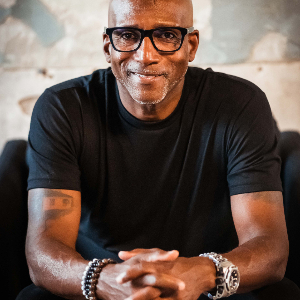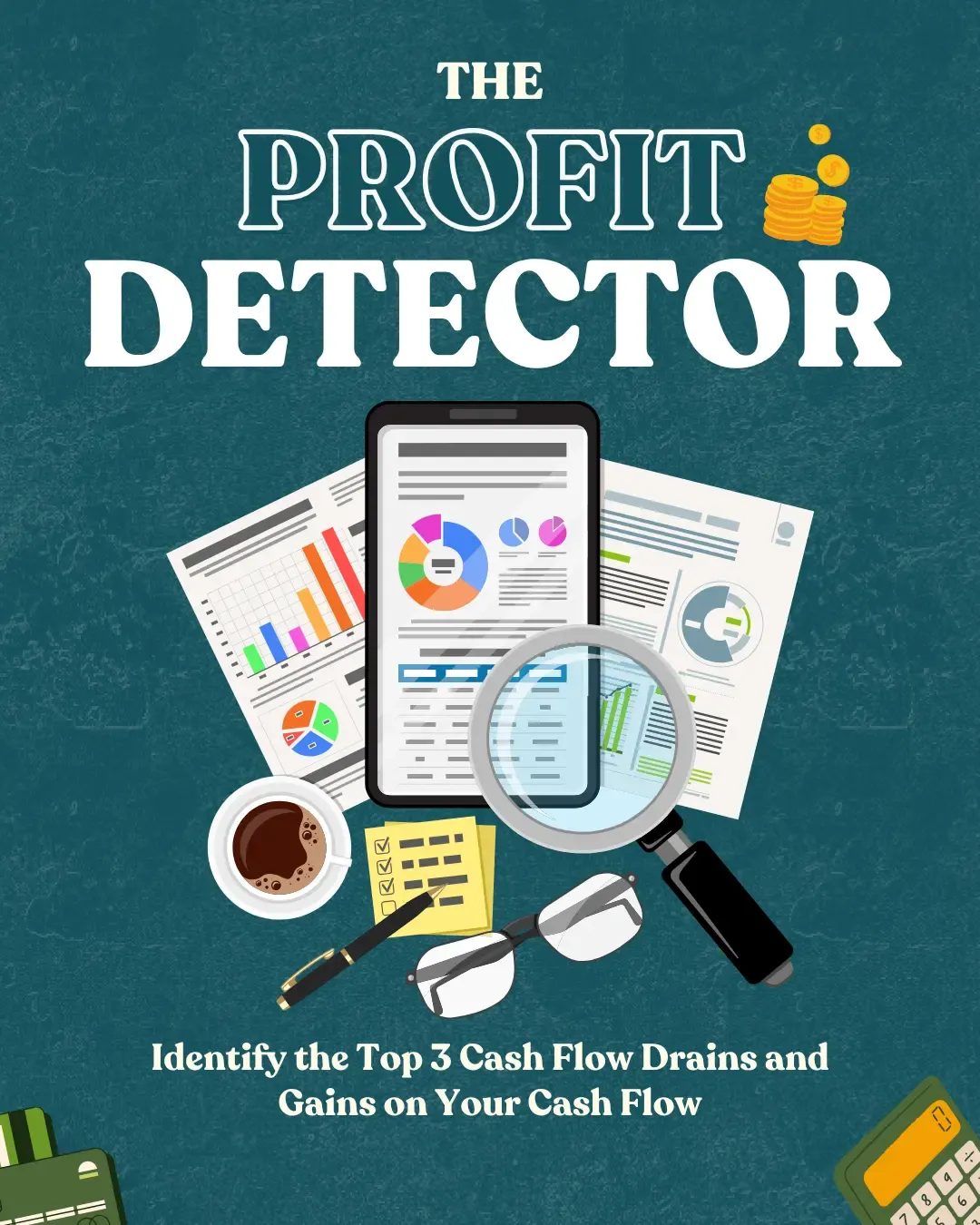100 Conversations in 100 Days: What One Man's Challenge Taught Me About Human Connection
We live in a world where it's never been easier to connect—and yet so many of us feel more disconnected than ever. Whether it's the aftermath of the pandemic, remote work, or the digital noise that makes real connections feel rare, most of us are craving something deeper and more meaningful.
That's why, when I got a message on Instagram from a stranger asking to have a 10-minute phone call with me—with no sales pitch, no agenda—I almost ignored it. Let's be honest: most random DMs are trying to sell you crypto, coaching, or essential oils (no offense to the oil lovers out there—my house smells like lavender half the time). But something about this message was different. It was funny. It was real. And it was human.
That message came from Thibaud Edwards, and what started as a curious interaction turned into a 45-minute conversation, ultimately culminating in this powerful episode of the Just Human podcast.
Why 100 Conversations?
Thibaud had set a bold personal challenge: to meet 100 new people in 100 days. Not through networking events or professional mixers. Just raw, unscripted, human conversations—phone calls with strangers.
Why?
Because he realized he had built a life—like so many of us—that was comfortable but isolated. As an entrepreneur who works from home, is married with two kids, and has a cozy setup (gym, office, summer trips to France), he has everything he thinks he wants. And yet, something was missing.
He had become what he called "a functional recluse." He wasn't just avoiding strangers. He was avoiding conversations. Period.
"I was the guy putting in my headphones just to avoid talking to people," he said. "It wasn't that I hated people—I just convinced myself I didn't need to connect."
But something inside him knew that wasn't sustainable. And one night, at 2 AM, the idea came: talk to 100 people in 100 days. He rolled over, went back to sleep, and woke up the next morning thinking: "That's ridiculous."
And then he did it anyway.
Discomfort is the Doorway
One of the most powerful takeaways from our conversation was this: Thibaud didn't just challenge himself to talk to people. He challenged everything about the way he had been showing up in the world.
He hated appointments. He hated phone calls. He hated not being in control of how others perceived him. But once he committed to the challenge, the discomfort started to fade—not because it wasn't hard, but because it became worth it.
"I was shocked," he said. "Out of the 100 people, I think 98 conversations lasted at least 30 minutes. People were hungry for real, non-transactional connection."
Let that sink in.
Thibaud didn't offer anything. He didn't ask for anything. He just showed up. With curiosity. With courage. With humanity.
The Power of Curiosity
There's a line Thibaud shared that I haven't stopped thinking about: "Fear gets replaced when curiosity comes in."
That's it.
When we lead with fear—of judgment, of rejection, of failure—we shrink. But when we lead with curiosity, something opens up. We stop worrying about how we're perceived and start caring about who the other person is.
That's what this challenge created. Not just 100 conversations but 100 opportunities to practice curiosity over judgment. Connection over assumption.
And it wasn't just small talk. These weren't weather updates and surface-level bios. These were honest conversations. Stories about identity, insecurity, purpose, and belonging. From strangers who became, in some cases, friends.
Social Media ≠ Social Life
Thibaud made an insightful observation: "Social media is an introvert's dream. You can talk to thousands of people without ever leaving your house—or your own head."
And yet, what we see on social media is often a distorted version of someone. One post, one opinion, one polished reel—and we decide who someone is. We frequently forget that a whole human being is behind the avatar.
But when Thibaud spoke to these people, the assumptions fell apart.
"We'd have very different views on politics or life, but that didn't even come up," he said. "We just connected. Human to human."
Imagine that.
From Transaction to Transformation
So often, our interactions are either transactional or nonexistent. We network for gain. We scroll for entertainment. We text instead of call. But what if we carved out space for conversations with no ulterior motive?
As Thibaud said, "When people aren't trying to sell you something, you let your guard down."
And here's the paradox: the people who weren't looking to get something from him? Those were the people he wanted to help, connect with, and cheer for.
That could be the real ROI of being human.
Your Turn
You don't have to talk to 100 people in 100 days. (Though if you do, let me know—I'll be person #1.)
But what if you committed to reaching out to one new person a week? What if you replaced one scroll session with a phone call? What if you asked someone how they're doing—and waited for the answer?
In a divided world, curiosity can be an act of healing. It softens our edges. It widens our circles. And maybe it makes us feel less alone.
Thibaud reminded me—and I hope he reminded you—that behind every profile is a person. And when we take the risk to reach out, we might find exactly what we didn't know we needed.
Because, at the end of the day, we're not titles. We're not algorithms. We're not likes or followers or opinions.
We're just human.
SUBSCRIBE FOR WEEKLY INSIGHTS
Don't miss out on updates, new podcast episodes, and valuable insights from Jay. Subscribe and join his newsletter community for thought-provoking discussions and tips on fostering a human-centric workplace culture.
We hate SPAM. We will never sell your information, for any reason.



